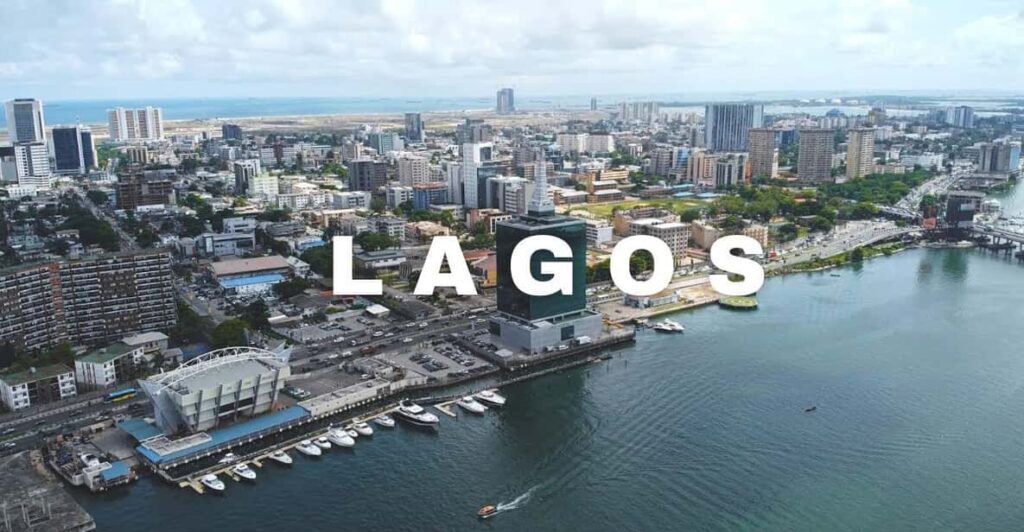The Lagos state government of Nigeria has unveiled an initiative to tokenize real estate, using blockchain technology to improve the efficiency and simplicity of transfer in property transactions.

The objective of this initiative, as delineated in the Eko Revenue Plus Summit documents, is to substantially increase the state’s internally generated revenue, as reported by local media.
Revolutionizing the real estate industry through blockchain technology
The real estate tokenization process entails converting property assets into digital tokens on a blockchain. Similar to how stocks represent ownership in a corporation, each token denotes a specific percentage of ownership in a property.
This platform facilitates the purchase, sale, or trading of these tokens, offering a more efficient and user-friendly method for individuals to invest in real estate.
The Ministry of Science and Technology will lead the initiative in collaboration with various agencies and partners, and the tokenization plan will unfold over 16 months. The state government has allocated a budget of 500 million naira ($314,465) to these agencies to facilitate the initiative.
Increasing revenue generated internally
The Eko Revenue Plus Summit documents emphasize the importance of real estate tokenization as a critical strategy for enhancing Lagos State’s internally generated revenue.
The government’s objective is to attract more investors and generate additional income from property taxes and transaction fees by improving the transparency and efficiency of property transactions.
In addition, tokenizing real estate can assist in resolving long-standing issues in Nigeria’s real estate sector, including land title fraud and a lack of transparency in property ownership.
The state can guarantee the immutability and tamper-proof of all documents by recording property transactions on a blockchain, thereby enhancing the security and trust of investors.
Budget allocation and collaboration
The efficacy of the tokenization project will be contingent upon the successful development of the requisite technological infrastructure, regulatory framework, and public awareness campaigns to bolster the initiative.
In addition to technology development, personnel training, and public education, the 500 million naira budget will also cover various other expenses.
The project’s efficient and effective implementation is a top priority for the state administration, emphasizing tangible benefits to the broader public and investors.
Nigeria’s National Information Technology Development Agency (NITDA) is moving toward a more positive blockchain policy by restructuring the National Blockchain Policy Steering Committee (NBPSC) to reevaluate the policies that govern the implementation of the country’s National Blockchain Policy.
